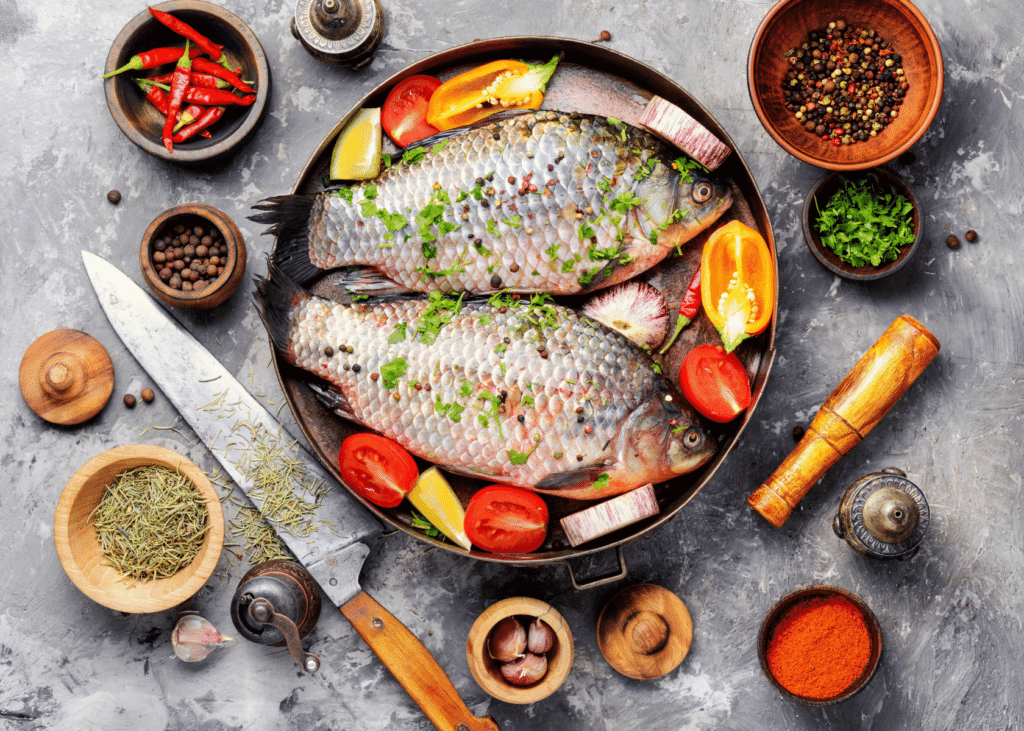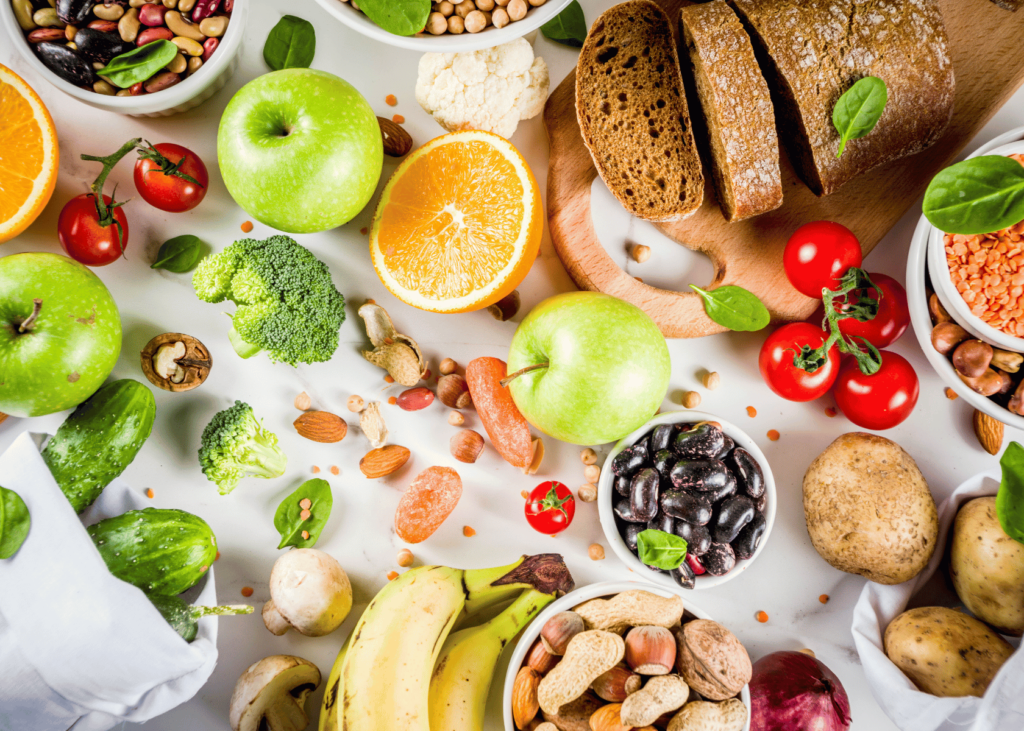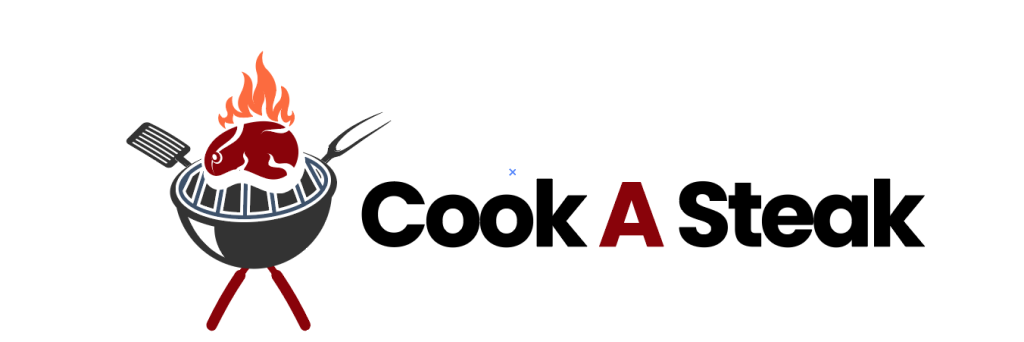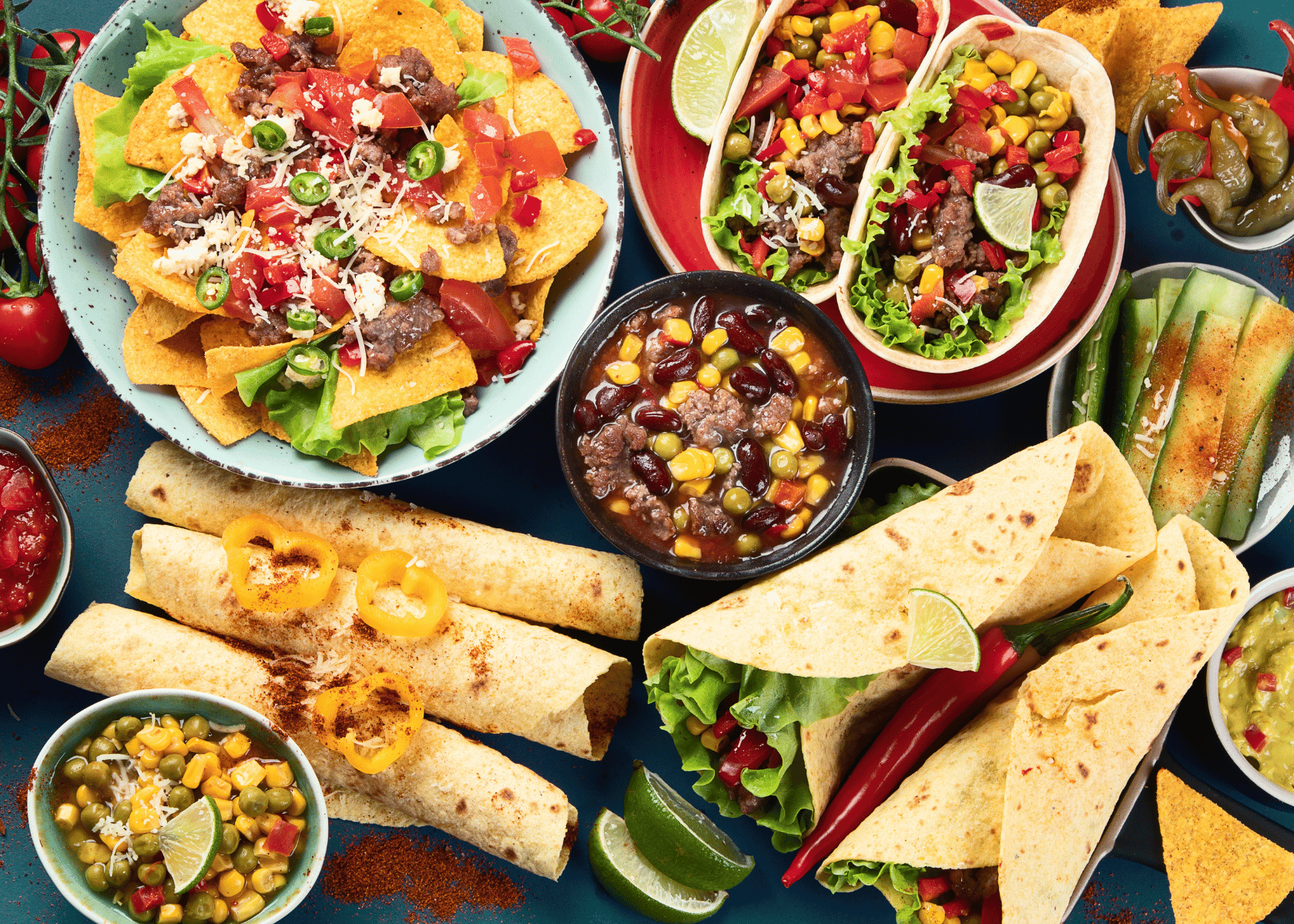Ever wondered if you can eat chicken on Good Friday as a Catholic? I have, and let me tell you, it’s not just about personal choice but involves deep-rooted Catholic fasting practices. So, if you’re someone who’s wondering can i eat chicken on good Friday, this article is for you.
This blog post will guide you through the religious significance of abstaining from meat (including chicken) on Good Friday and provide alternatives for this holy day. Ready to uncover the facts behind this age-old tradition? Let’s dive right in!
Key Takeaways
- Abstaining from eating chicken on Good Friday is a longstanding tradition in the Christian and Catholic Church.
- The prohibition of meat, including chicken, on Good Friday has its roots in penance and remembrance of Jesus Christ’s crucifixion.
- Fish is not considered meat and can be consumed on Good Friday due to its unique characteristics.
- In addition to meat, other foods such as dairy products, animal fats, gelatin, poultry broth, and certain condiments are a traditional prohibition on Good Friday for Catholics.
- Observing the rules of fasting and abstinence on Good Friday serves as a reminder of Jesus’ sacrifice and encourages empathy towards those who suffer.
- Cooking or consuming meat, including chicken, is generally not allowed on Good Friday out of respect for Jesus’ sacrifice. However, there are exceptions for those with health-related dietary restrictions.
- Alternatives to eating chicken during Lent and on Good Friday include fish, seafood, vegetarian meals, legumes and beans,
Christian & Catholic Church Rules for Fasting on Good Friday
The rules for fasting on Good Friday are important traditions of Christians and Catholics, including the prohibition of eating chicken.
History of not eating chicken on Good Friday
Abstinence from eating meat, including chicken, on Good Friday is an ancient Christian tradition that dates back to the early centuries of the Church. This practice has its roots in penance and remembrance of the crucifixion of Jesus Christ on this sacred day.
As part of their act of sacrifice and reflection, devout believers avoid consuming flesh meats such as beef, pork, and fowl. While some may find this peculiar or challenging to follow in today’s modern society where diverse diets are popular, a significant number of Catholics still observe these traditional Lenten fasting rules with diligence.
The stipulations regarding chicken specifically are interesting! While we classify it as a type of meat on Good Friday for most Catholics, there are exceptions like broths from chicken fat which don’t fall under the prohibition.
Despite variations across different denominations and cultures over time, abstaining from chicken remains a key aspect of Good Friday observances for many practicing Christians worldwide.
Why fish is not considered meat

I have always wondered why fish is not considered meat when it comes to fasting on Good Friday. The reason behind this dates back to the early centuries of Christianity. So, can i eat chicken on good Friday, the answer lies in the traditions – that we all should value.
During that time, there were debates about what foods should be abstained from during periods of fasting and penance. Eventually, it was decided that meat derived from land animals, such as beef and chicken, would be avoided while fish could still be consumed.
The distinction between fish and other types of meat stems from the fact that fish were seen as a different category altogether. Since they live in water, they were considered more akin to plants than animals.
Other prohibited foods on Good Friday
During Good Friday, in addition to abstaining from meat, there are other foods that are traditionally prohibited for Catholics and Christians. Here are some examples:
- Dairy Products: Many Catholics also choose to abstain from dairy products on Good Friday, including milk, cheese, and eggs. This is because these products come from animals and are considered by some to be a form of meat.
- Animal Fats: In addition to avoiding meat itself, animal fats such as lard and suet are also typically avoided on Good Friday. These fats are derived from animals and fall under the category of prohibited food.
- Gelatin: Gelatin is derived from animal bones and connective tissues. As a result, it is often considered a form of meat and is not consumed on Good Friday by those observing the tradition.
- Poultry Broth: Although chicken itself may be allowed in certain cases, broth made from poultry, such as chicken or turkey broth, is generally avoided on Good Friday due to its association with meat.
- Condiments with Meat Products: Some condiments or sauces, such as Worcestershire sauce or fish sauce, may contain trace amounts of meats or fish products. These should be avoided if they contain prohibited ingredients.
The significance of not eating meat on Good Friday for Christians
As a Christian, the significance of not eating meat on Good Friday is its historical and religious observance of this holy day. Good Friday represents the day Jesus sacrificed his life for our sins! So, abstaining from meat is a form of penance and remembrance.
By giving up something we enjoy, like meat, we remember Christ’s sacrifice and take part in his suffering. So, next time you wonder if can I eat chicken on good Friday, remember it in your heart.
Additionally, refraining from eating meat on Good Friday symbolizes solidarity with those who suffer around the world. It encourages us to reflect on issues such as hunger and poverty while connecting with others in their hardships.
In essence, it is a way for Christians to express empathy and compassion towards those less fortunate.
It’s important to note that while chicken is considered meat in most cases, there are exceptions when it comes to certain parts or derivatives such as fat or broth. However, traditional Catholic teachings encourage complete abstinence from all forms of flesh meat on Good Friday.
Cooking meat on Good Friday
On Good Friday, it is traditionally not allowed to cook or consume meat. This includes chicken, as it falls under the category of meat. The prohibition on cooking meat extends from the belief that Jesus died on this day and out of respect for his sacrifice, Christians abstain from consuming flesh.
However, there are exceptions for those who are ill or have dietary restrictions that require them to eat meat for health reasons. It is important to note that this restriction only applies specifically to Good Friday and not necessarily to other days during Lent or Easter Sunday.
Ultimately, observing the rules of fasting and abstinence on Good Friday is a personal choice based on one’s religious beliefs and traditions.
Alternatives to Eating Chicken During Lent and Good Friday
During Lent and on Good Friday, when you can’t consume meat, there are plenty of alternatives to eating chicken. Here are some options:
- Fish: Fish is often the go-to alternative for meat during Lent and on Good Friday. It is permissible because it is not as “meat” according to church rules.
- Seafood: Shrimp, lobster, crab, and other types of seafood are also acceptable substitutes for chicken during this time. They provide similar protein options without breaking the fasting rules.
- Vegetarian Meals: Lent and Good Friday can be a great opportunity to explore vegetarian cooking. There are countless delicious vegetarian recipes available that can provide a satisfying meal without the need for meat.
- Legumes and Beans: These plant-based proteins, such as lentils, chickpeas, black beans, and kidney beans, offer a nutritious alternative to chicken. You may use them in soups, stews, salads, or even as the main component of a meal.
- Tofu: Tofu is a versatile ingredient that can mimic various textures found in meat. You may marinate them and cook them in different ways to provide a tasty substitute for chicken.
- Meat Substitutes: Nowadays, there are many commercially available meat substitutes. They are from soy or other plant-based ingredients that closely resemble the taste and texture of chicken. You may use them as direct replacements in your favorite recipes.
Can Catholics Eat Chicken on Good Friday?

Is chicken considered meat according to the Catholic Church on Good Friday or can I eat chicken on good Friday, here are the answers.
Is chicken considered meat?
Yes, chicken is meat according to some. According to traditional Catholic dietary rules, meat includes all forms of animal flesh, including chicken. However, it’s important to note that chicken fat or broth from chicken is not meat and you may consume it on Good Friday.
This distinction allows for some flexibility in the diet during this religious observance.
Is it a sin to eat chicken on Good Friday?
For Catholics, it is a sin to eat chicken on Good Friday. According to the rules of fasting and abstinence set by the Church, Catholics can not consume meat on this holy day, including chicken.
This tradition dates back centuries and carries religious significance as it honors Jesus’ death on the cross. However, there are certain exceptions for those who are ill or have dietary restrictions.
While chicken is indeed meat, some may argue that certain parts like chicken fat found in broth do not fall under this category. Nonetheless, it is a general understanding within the Catholic community that all forms of poultry, including chicken, is an abstinence on Good Friday.
What are the rules for fasting on Good Friday?
On Good Friday, there are specific rules for fasting that Catholics follow. It is a day of abstinence from meat, which means that Catholics do not eat any form of meat on this day.
This includes chicken as well. However, it’s important to note that the rules for fasting can vary depending on individual circumstances and health conditions. Some people who are ill or have specific dietary restrictions may be exempt from this rule.
In general, though, abstaining from eating meat on Good Friday is a long-standing tradition in the Catholic Church. Hence, they consider it an important way to commemorate Jesus’ death and sacrifice.
Is it traditionally acceptable to eat chicken on Good Friday?
Traditionally, some Christian denominations abstain from eating meat. This includes poultry like chicken, on Good Friday as a form of penance and reflection.
Are there any exceptions or variations in this tradition?
There may be variations in the tradition depending on personal beliefs and cultural practices. Some individuals or communities may choose to make exceptions for certain types of meat, including chicken. However, others strictly adhere to the tradition of not consuming any meat on Good Friday.
What is the significance behind abstaining from meat on Good Friday?
The act of abstaining from meat on Good Friday is symbolic of sacrifice and remembrance of Jesus Christ’s crucifixion. It is a way to participate in his suffering and honor his sacrifice.
Can I substitute chicken with other non-meat options for meals on Good Friday?
Yes, there are various non-meat options that one can substitute for chicken during meals on Good Friday. This could include seafood, vegetables, legumes, or plant-based protein alternatives. However, it depends on individual dietary preferences and dietary restrictions that may apply during Lenten observances.
Conclusion
In conclusion, for Catholics and Christians who observe the traditional rules of fasting on Good Friday, it is not permissible to eat chicken or any other form of meat. Abstaining from meat on this holy day holds religious significance and is a way to honor Jesus’ sacrifice.
However, there may be exceptions for those who are ill or have dietary restrictions. It is always important to consult with one’s religious authorities for guidance on specific situations.

